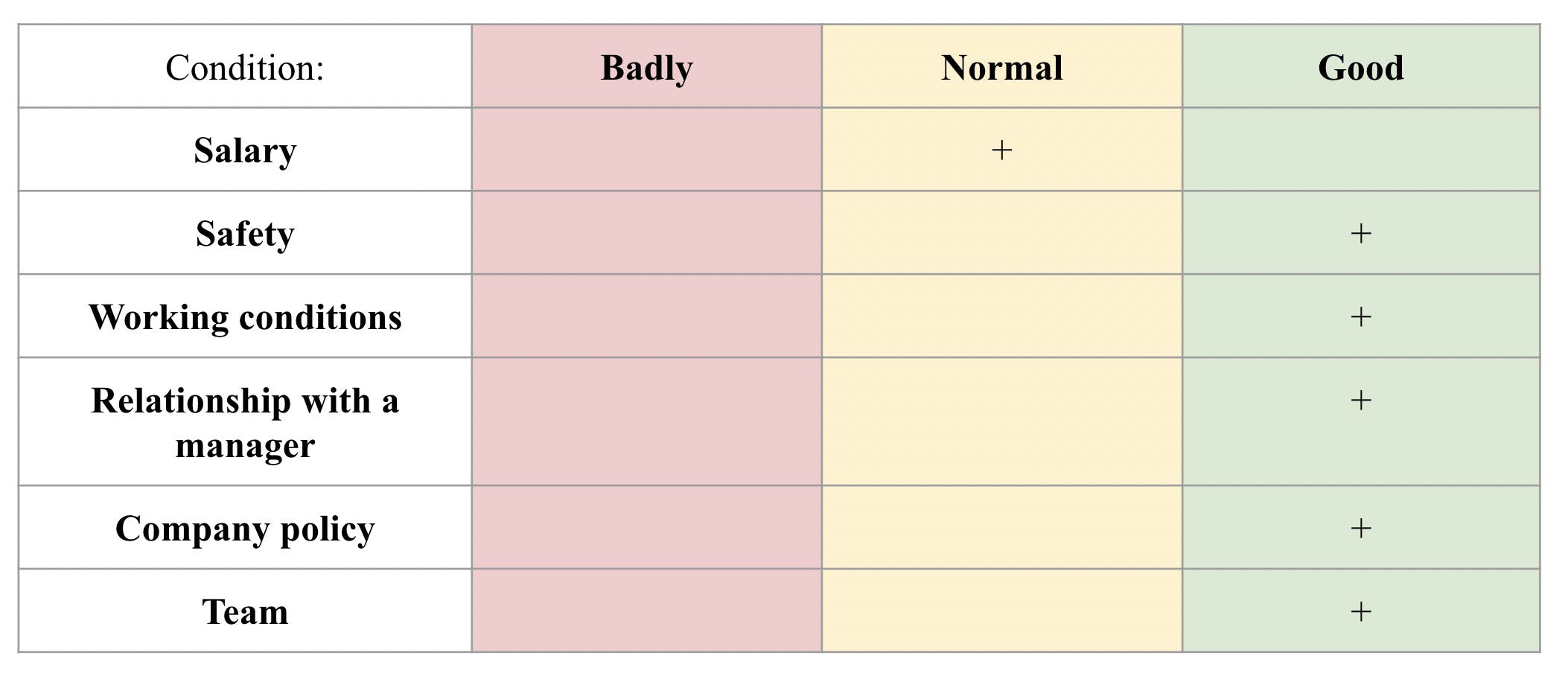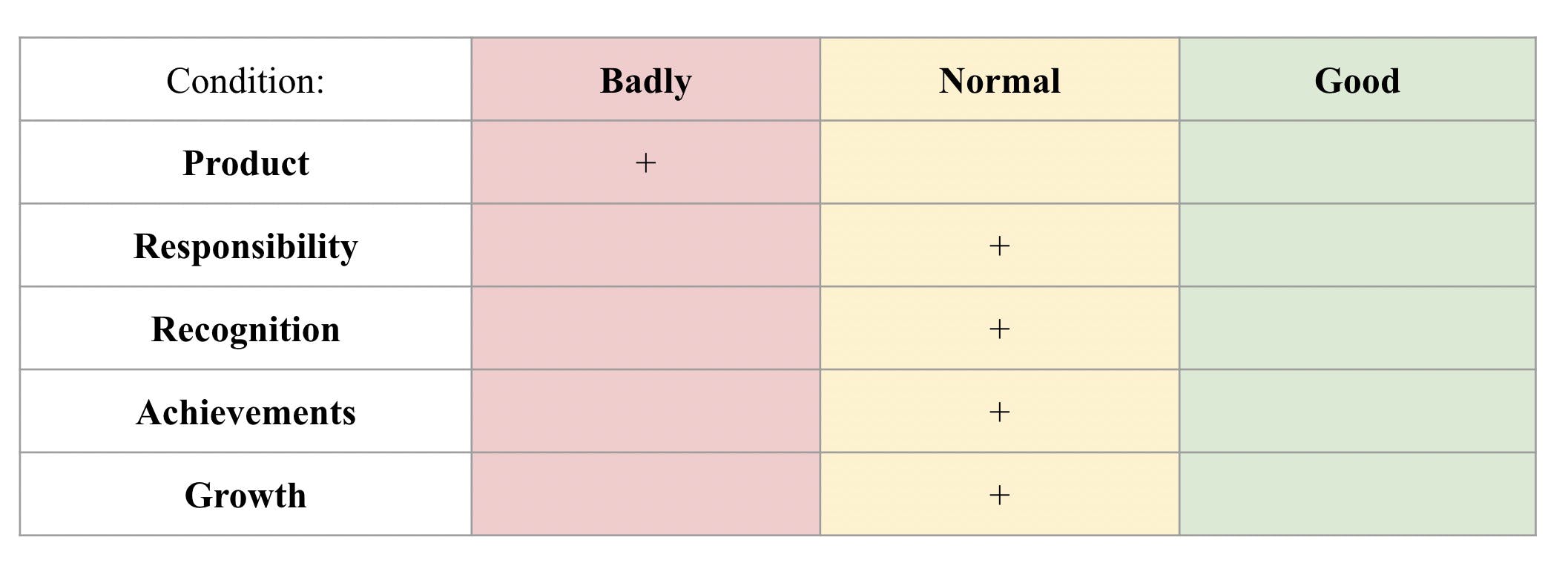Once I hired the developer. Everything was good during the interview: skills, experience, behavior. Someone from our team even knew the guy. We started working together, and everything seemed fine.
The first call was when our HR told me that the person had strange ideas about passing his documents to the company. Because the employee was hired to a remote position, he should send some docs to our HR. Of course, it could be the electronic versions, but he chose the paper ones. Strange? Don't think so. Just maybe not my or our HR's way.
The developer was doing things on time, was polite, and listened to feedback. Maybe sometimes joked weird about cats. It was funny, perhaps a little bit strange. But why not?
Later I started to notice that he wasn't satisfied with any task. My point of view is that employees should better do assignments which they would wanna do. Of course, it couldn't be daily, but 40-60% of tasks in a sprint should be interesting for a person. So I started to search for exciting tasks. We tried together: took other services, the different business features, architectural tasks, tech debt, tests ... Nothing worked.
When nothing works, I usually stop and try to think clearly. So we did. We had a 1:1 meeting where we discussed what goes on and how and if we could fix it. So we took Herzberg's Motivation Two-Factor Theory and analyzed what's going wrong with employee motivation.
Herzberg's Theory of Motivation tries to get to the root of motivation in the workplace. The two factors identified by Herzberg are Hygiene Factors and Motivating Factors.
- The absence of Hygiene Factors will cause employees to work less complicated. Hygiene factors are not present in the actual job itself but surround the position.
- The presence of Motivating Factors causes employees to work harder. They are found within the actual job itself.
So we took the table and filled it. Firstly - Hygiene Factors:
 Then Motivating Factors:
Then Motivating Factors:

So here we were. My guy was not even interested in a company's product. He was bored with it. That's all. But it affected all of us. He seemed confused during meetings; he didn't take the team's decisions and discussions seriously. Yes, he was a professional and did his work qualitatively. But we had a problem, and we understood that this was the thing that we could not fix. We can not change what our company does, its product.
On that 1:1, after we understood our problem, we decided he had to take time and determine whether he could find in here something for himself - the value or not. If not, we should split up. That's it. Straightforward, short, just one simple question.
In a week, he told me he couldn't.
He did all of his tasks and found the other job. He's OK there, and we still talk sometimes. And yes, because we noticed that something was not good almost 1,5 months from his start, we managed to split up on probation.
It's not easy to fire a person. And it is so lovely when it happens by mutual agreement.


